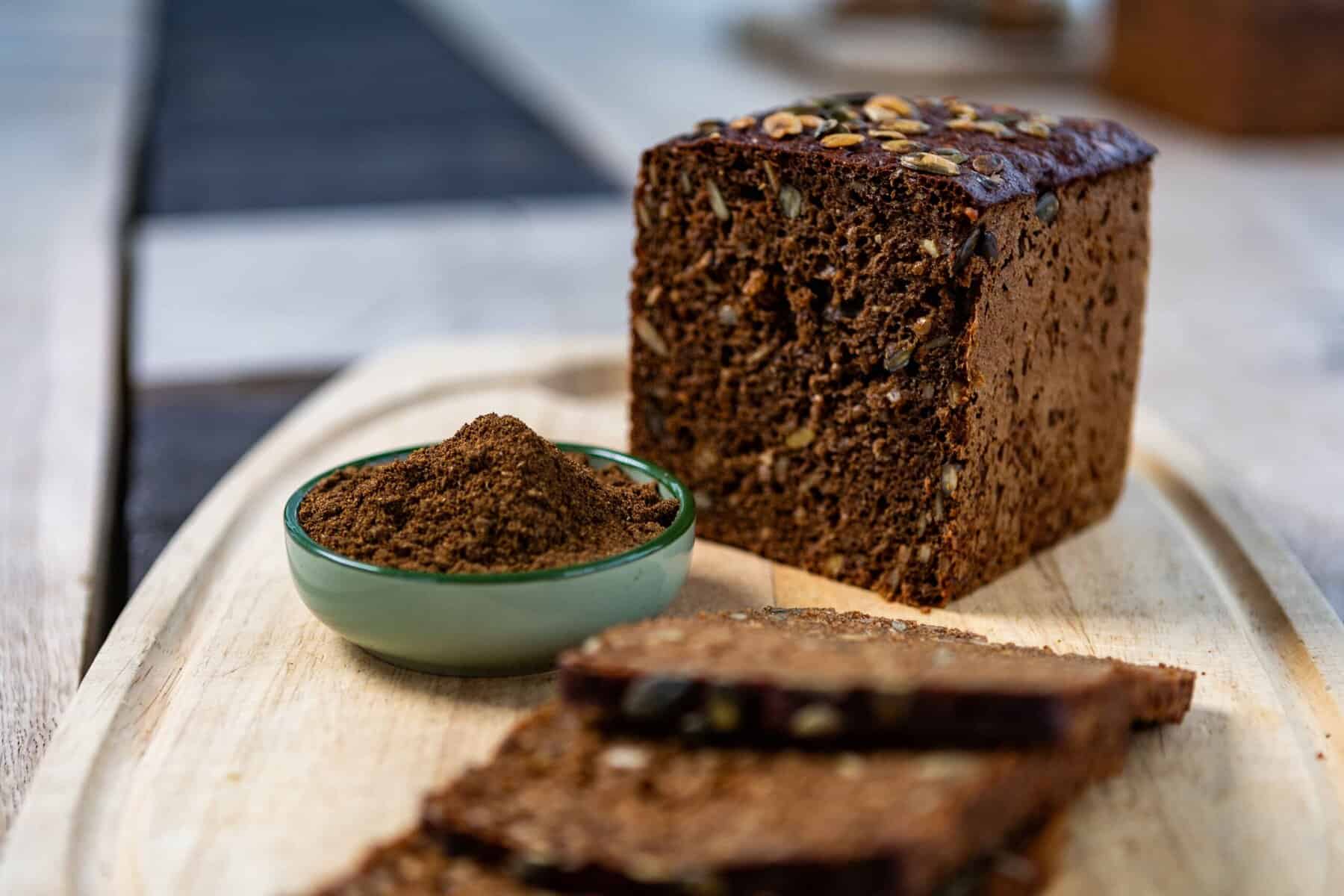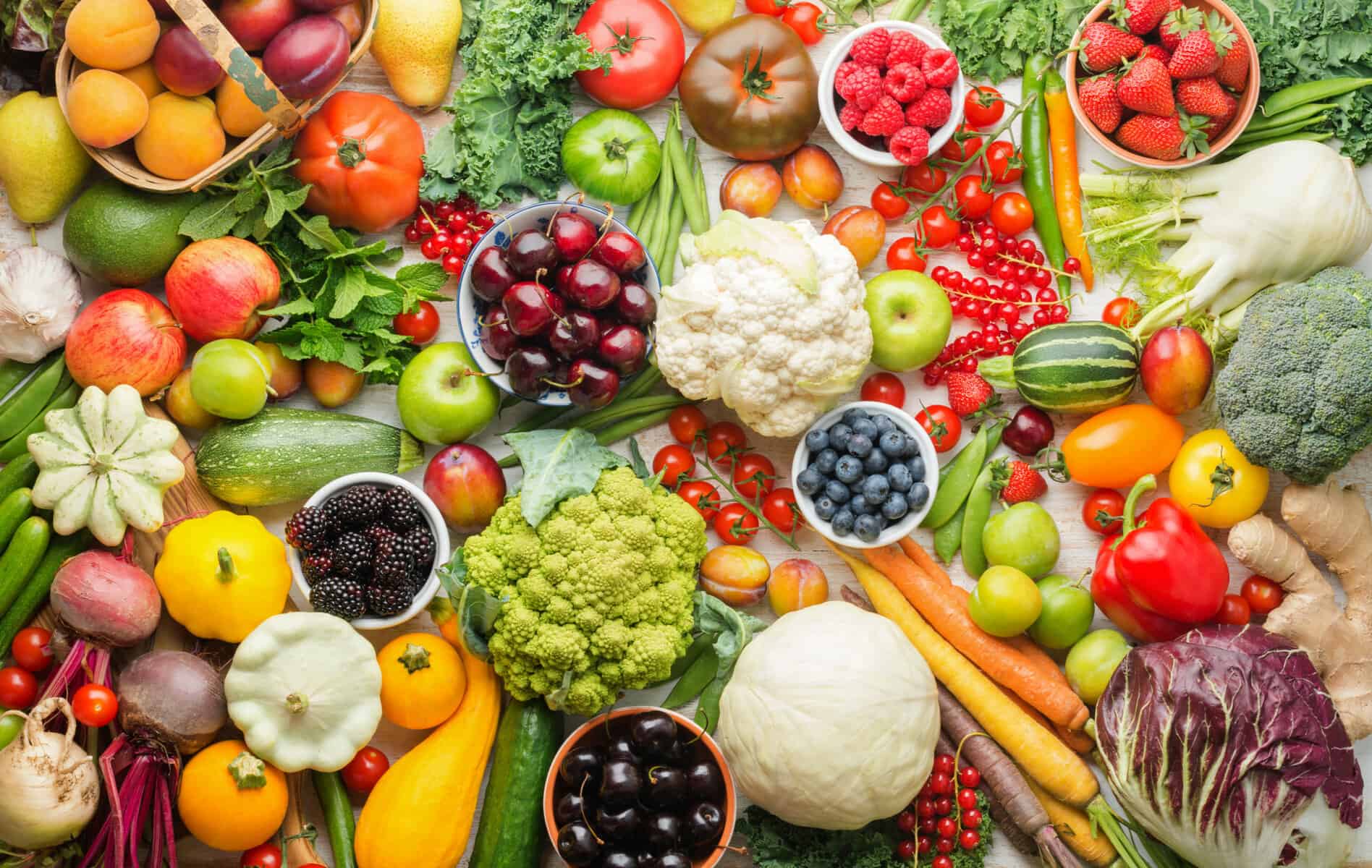FERM FOOD Receives EU Authorisation to Use Fermented Rapeseed Cake in Food
FERM FOOD, a Danish producer of fermented ingredients, has received EU authorisation to market fermented rapeseed cake as a food ingredient. Rapeseed cake is a protein-rich sidestream of rapeseed oil (also known as canola oil) production. Previously, it was considered a novel food in the EU and could not be used in foods intended for human consumption. Consequently, the product was primarily used for animal feed and biogas. One Finnish company had gained authorisation for a processed version of rapeseed cake, but this had narrow applications that were not relevant to the typical Danish or EU product. However, FERM FOOD has now successfully applied for an extension of the EU’s permitted specifications for rapeseed cake. According to the company, the ingredient contains 28-30% protein and …





















